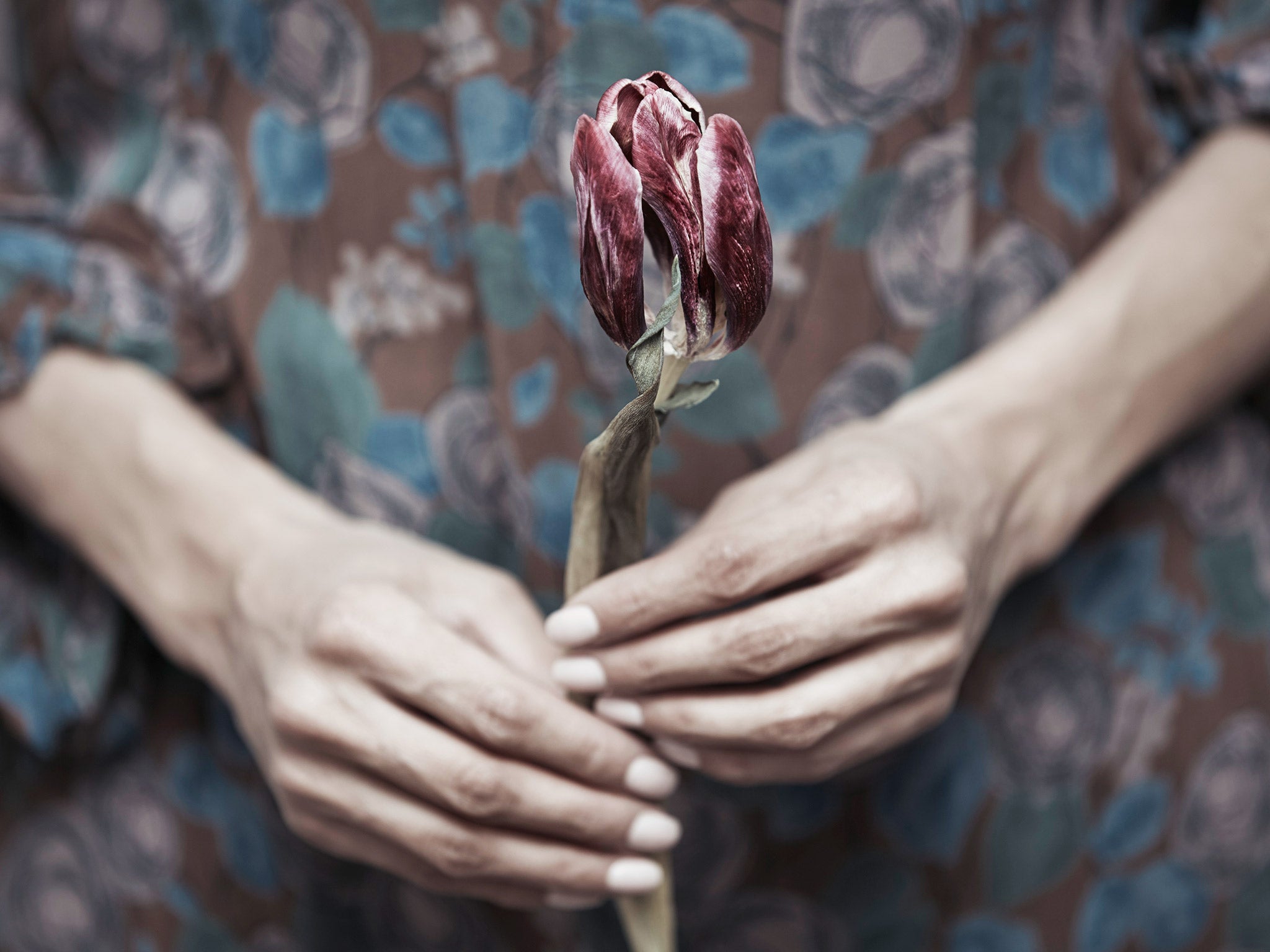Why the elderly can go downhill, after the loss of their partner

Your support helps us to tell the story
From reproductive rights to climate change to Big Tech, The Independent is on the ground when the story is developing. Whether it's investigating the financials of Elon Musk's pro-Trump PAC or producing our latest documentary, 'The A Word', which shines a light on the American women fighting for reproductive rights, we know how important it is to parse out the facts from the messaging.
At such a critical moment in US history, we need reporters on the ground. Your donation allows us to keep sending journalists to speak to both sides of the story.
The Independent is trusted by Americans across the entire political spectrum. And unlike many other quality news outlets, we choose not to lock Americans out of our reporting and analysis with paywalls. We believe quality journalism should be available to everyone, paid for by those who can afford it.
Your support makes all the difference.Bereavement can have a devastating impact on the immune systems of older people and may explain why many elderly spouses die soon after the loss of their loved ones, scientists have said.
A study has found that a key component of the immune defences that protect the body against lethal infections is weakened in the period of grief when someone loses a person very close to them.
However, the researchers found that the phenomenon was only seen in people older than 65. Younger people appear to be less susceptible to the physical effects of bereavement on their immune systems, the scientists found.
The study involved analysing a type of white blood cell called the neutrophil, which plays a critical role in fending off any invasions of bacteria or other infectious agents that could lead to serious illnesses, such as pneumonia, which often claims the lives of elderly, bereaved people.
“The neutrophil is a white blood cell. It's really prolific and what it does is eat and kill rapidly dividing bacteria, like pneumonia. If your neutrophils are not working properly and you're exposed to pneumonia, then you're in trouble,” said Anna Phillips, reader in behavioural medicine at the University of Birmingham.
The study compared the functional response of the neutrophils in 30-strong groups of bereaved younger and older people, as well as non-bereaved individuals.
While neutrophil numbers were not lowered in the older people, their ability to kill bacteria with destructive molecules called reactive-oxygen species was compromised. The neutrophils of younger people experiencing grief were not affected the same way, Dr Phillips found.
“We thought this was really interesting and may be one of the key reasons why older people are more susceptible to infection after a bereavement,” she told the British Science Festival at the University of Birmingham.
“During the difficult weeks and months after loss we can suffer from reduced neutrophil function. Neutrophils are the most abundant type of white blood cell and as such are essential at combating infections and illnesses, so we become vulnerable when this happens,” she said.
The damaging impact of grief on the immune system could be traced to the disruption in the balance of two hormones, cortisol and dehydroepiandrosterone sulphate (DHEAS), which are involved in coping with stress.
In younger people the proportion of the two hormones remained balanced after the death of a loved one, while in bereaved, elderly individuals the levels of cortisol were relatively high compared to the low levels of DHEAS.
DHEAS is known to counteract the harmful effects of cortisol in times of stress and protect the immune system, and its level declines with age.
“Cortisol is known to suppress elements of the immune system during times of high stress, so having an unbalanced ratio of cortisol and DHEAS is going to affect how able we are to ward off illness and infection when grieving,” said Professor Janet Lord, also from the University of Birmingham, a co-researcher on the study.
“But it is also incredibly useful - particularly in activating some anti-stress and anti-inflammation pathways - so it's not as simple as trying to suppress the cortisol in vulnerable people,” Professor Lord said.
Evidence suggests that other elements of the immune system might also be affected by the stress of bereavement, including T-cells and “natural killer cells”, which are important for fighting viral infections and cancer, the scientists believe.
Other studies have shown that people affected by bereavement do not react so well to flu jabs.
The critical age at which losing a loved one threatened to cause serious harm to the immune system appears to be around 65.
Older study participants were aged 65 and older, and the younger participants 28 to 45. The psychological effects of bereavement are known to last a long time - as much as two years, Dr Phillips said.
Join our commenting forum
Join thought-provoking conversations, follow other Independent readers and see their replies
Comments